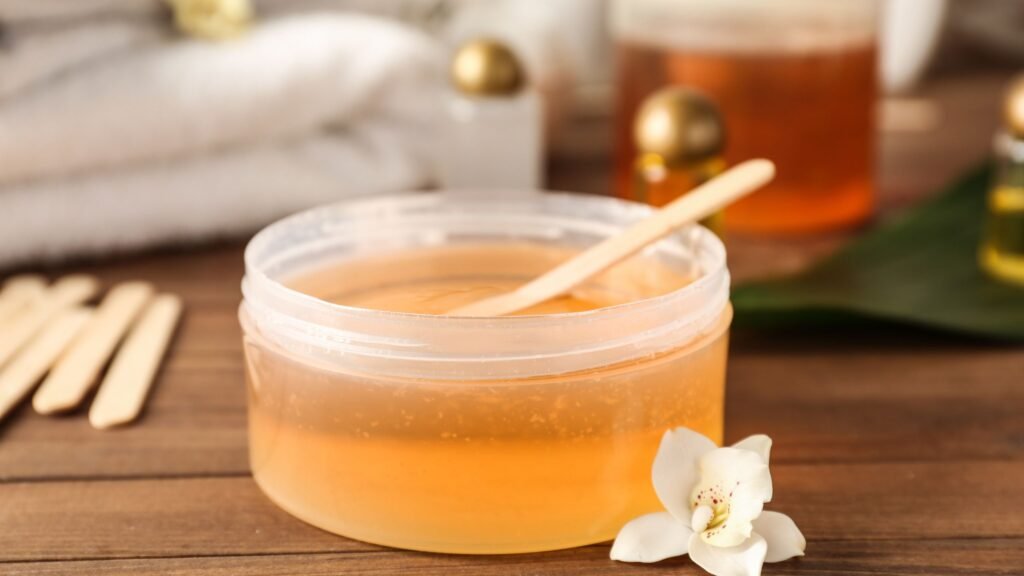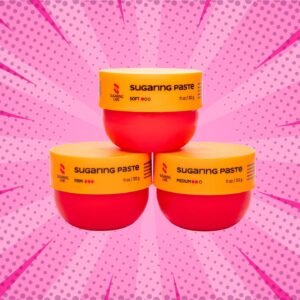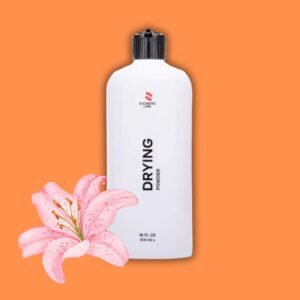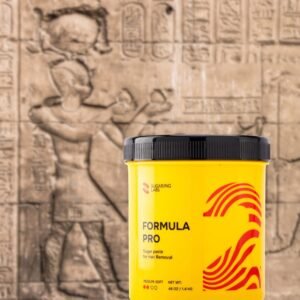Private Label vs. Contract Manufacturing: How Sugaring Factory Can Help Your Brand Grow

When exploring options for manufacturing products, two terms that often come up are Private Label and Contract Manufacturing. While these terms are frequently used in the industry, they represent different approaches to product creation. Understanding the differences between them is essential for selecting the right manufacturing strategy for your business. In this article, we will break down both concepts and explain how a sugaring factory can support your brand’s growth.
Table of Contents
- What is Contract Manufacturing: The Benefits of Custom Formulas and Packaging
- What is Private Label: The Benefits of Private Label Manufacturing
- Which Option is Right for You
- Frequently Asked Questions
- What is the difference between Private Label and Contract Manufacturing?
- Which is more cost-effective: Private Label or Contract Manufacturing?
- How can a sugaring factory help my brand grow?
- What are the minimum order requirements for Private Label and Contract Manufacturing?
- Which option should I choose for my brand?
What is Contract Manufacturing: The Benefits of Custom Formulas and Packaging
Contract Manufacturing refers to a long-term, large-scale agreement between a brand and a manufacturer. In this arrangement, the client (the brand) collaborates with the manufacturer on a continuous basis to produce custom products. The major distinction of contract manufacturing is that it involves the creation of exclusive formulas tailored specifically to the client’s brand. These formulas are designed and owned by the client, and they are protected by strict non-disclosure agreements (NDAs), ensuring the confidentiality of the unique formulations.
With contract manufacturing, brands typically place larger orders, as smaller batches of custom formulas are not always feasible. This model is ideal for established businesses looking to scale and create a unique product offering that sets them apart in a competitive market. For example, a sugaring factory may require a minimum order of 300 units to ensure production consistency, with deliveries occurring on a regular schedule.
While contract manufacturing offers the benefit of exclusivity, it also demands a higher level of investment in terms of order volume and custom product development. However, businesses that are committed to long-term growth and differentiation will find it a worthwhile option. The ability to create custom formulations allows brands to offer something unique that competitors cannot replicate. Additionally, brands can design exclusive packaging that further emphasizes their identity, creating a cohesive and recognizable presence in the market.
This level of customization is one of the key advantages of contract manufacturing. Clients working with a manufacturer can develop unique packaging, such as custom colors, logos, and materials, ensuring that their products stand out. If you’re looking to create a truly exclusive brand experience, this approach is ideal.
What is Private Label: The Benefits of Private Label Manufacturing Why Consistency is Key
In contrast, Private Label manufacturing is a more accessible option for businesses that may not yet be ready for large-scale production. In this case, brands select from a catalog of pre-existing formulations offered by the manufacturer. These products are then branded with the company’s logo and packaging. This approach eliminates the need for custom formula development, making it more cost-effective and less complex.
At many manufacturing facilities the minimum order for private label products is often lower—typically around 48 containers—making it easier for startups to enter the market. It also allows businesses to test demand before committing to larger production runs.
Private label manufacturing offers a faster and more cost-effective way to build a brand. While the formulations are not exclusive, the product can still reflect your unique identity through packaging and branding. At a Sugaring Labs, a variety of packaging options are available, enabling you to create a professional and cohesive brand image without the need for significant upfront investment in custom formulations.
This flexibility makes private label manufacturing ideal for businesses just starting out or those that want to scale gradually. You can focus on brand-building and marketing while leaving the manufacturing process to a trusted partner.
Try private labeling:
Which Option is Right for You?
Ultimately, the decision between Contract Manufacturing and Private Label depends on your business goals, budget, and the stage of your brand’s development. Both approaches offer distinct advantages. Contract manufacturing is best for brands looking to create a unique, exclusive product line, while private label is a great way for businesses to enter the market quickly with lower upfront costs. No matter which path you choose, a sugaring factory can provide valuable support, ensuring your brand grows and succeeds in the competitive marketplace.
Frequently Asked Questions
What is the difference between Private Label and Contract Manufacturing?
Private Label involves branding pre-existing products, while Contract Manufacturing creates custom formulas and exclusive packaging tailored to your brand.
Which is more cost-effective: Private Label or Contract Manufacturing?
Private Label is generally more cost-effective, with lower minimum order requirements, making it ideal for startups or businesses testing the market.
How can a sugaring factory help my brand grow?
A sugaring factory provides expertise in both Private Label and Contract Manufacturing, offering tailored solutions, quality assurance, and scalable production options to fit your needs.
What are the minimum order requirements for Private Label and Contract Manufacturing?
Private Label usually requires a minimum of 48 units, while Contract Manufacturing typically starts at 300 units due to the need for custom formulation and consistent production.
Which option should I choose for my brand?
If you’re a startup or have limited resources, Private Label is a great way to begin. Established brands aiming for uniqueness and scalability often benefit more from Contract Manufacturing.










